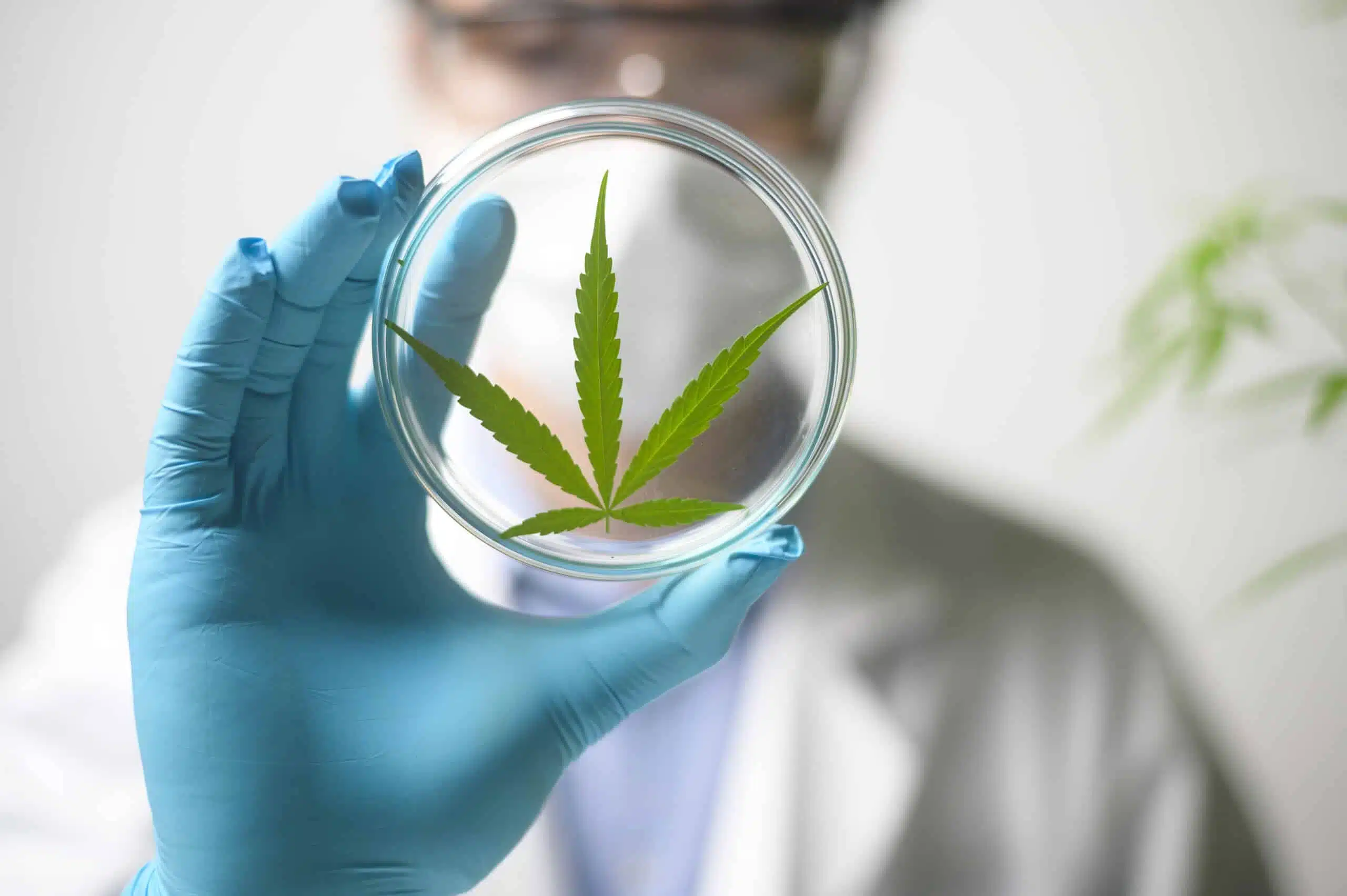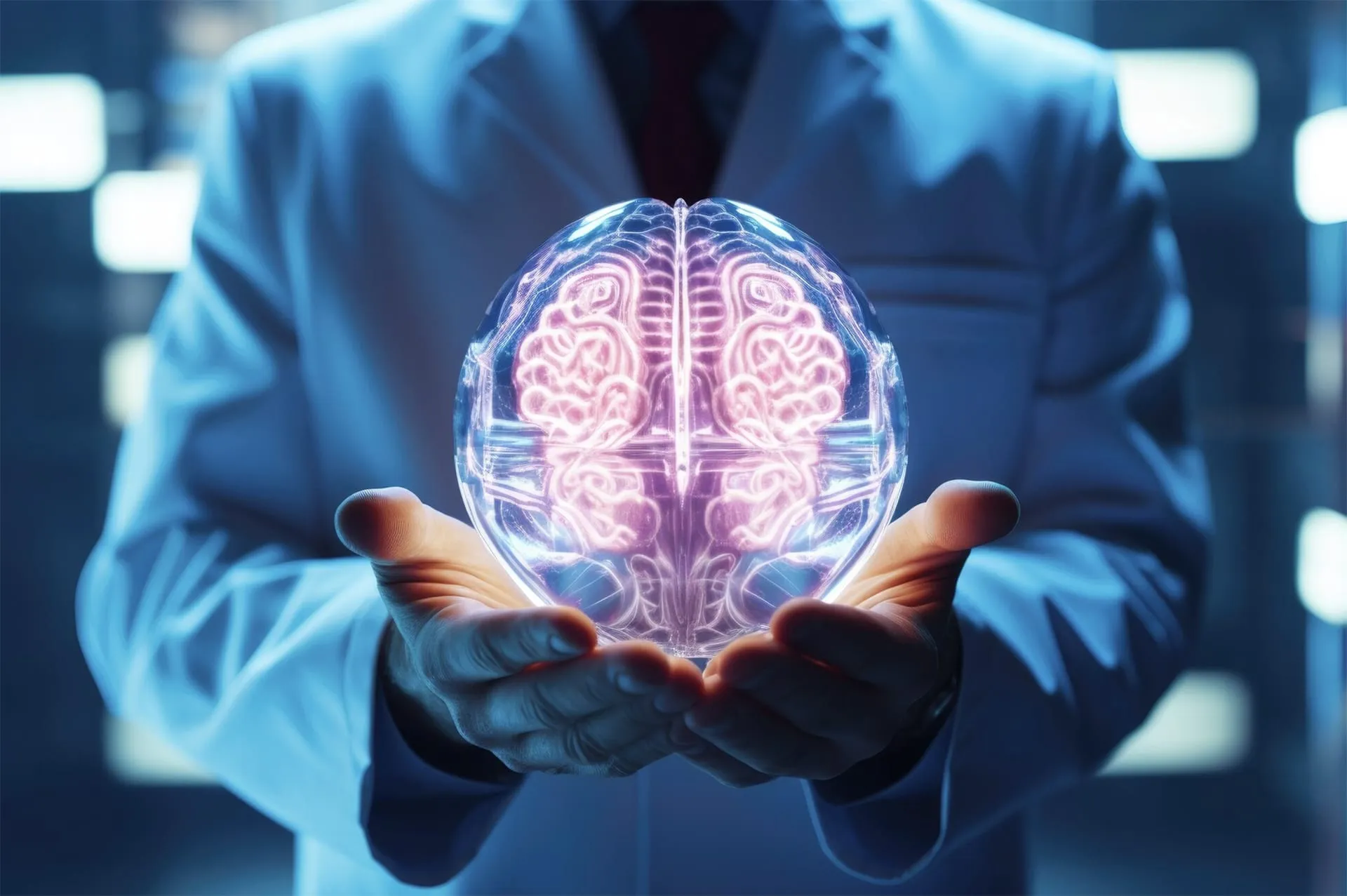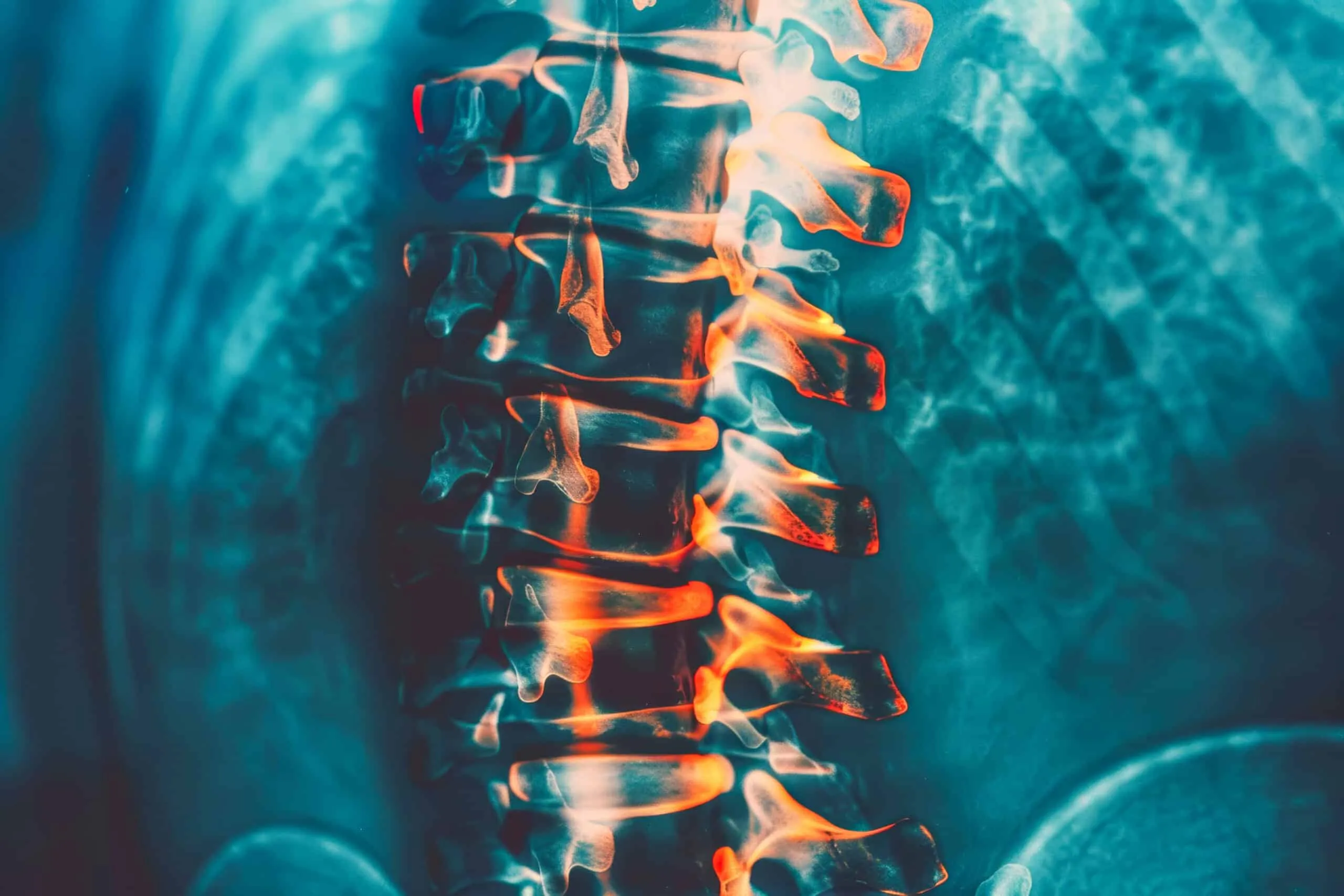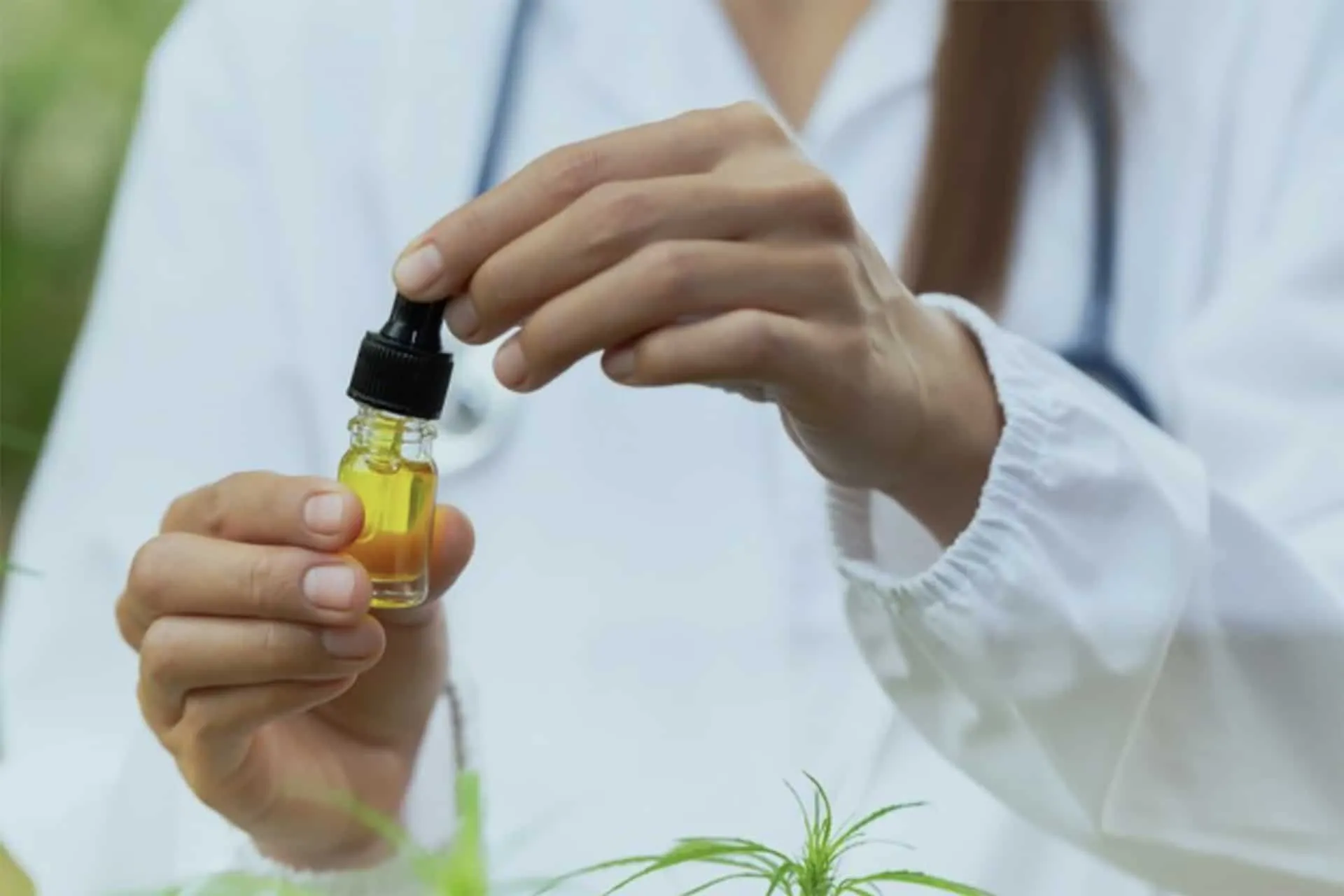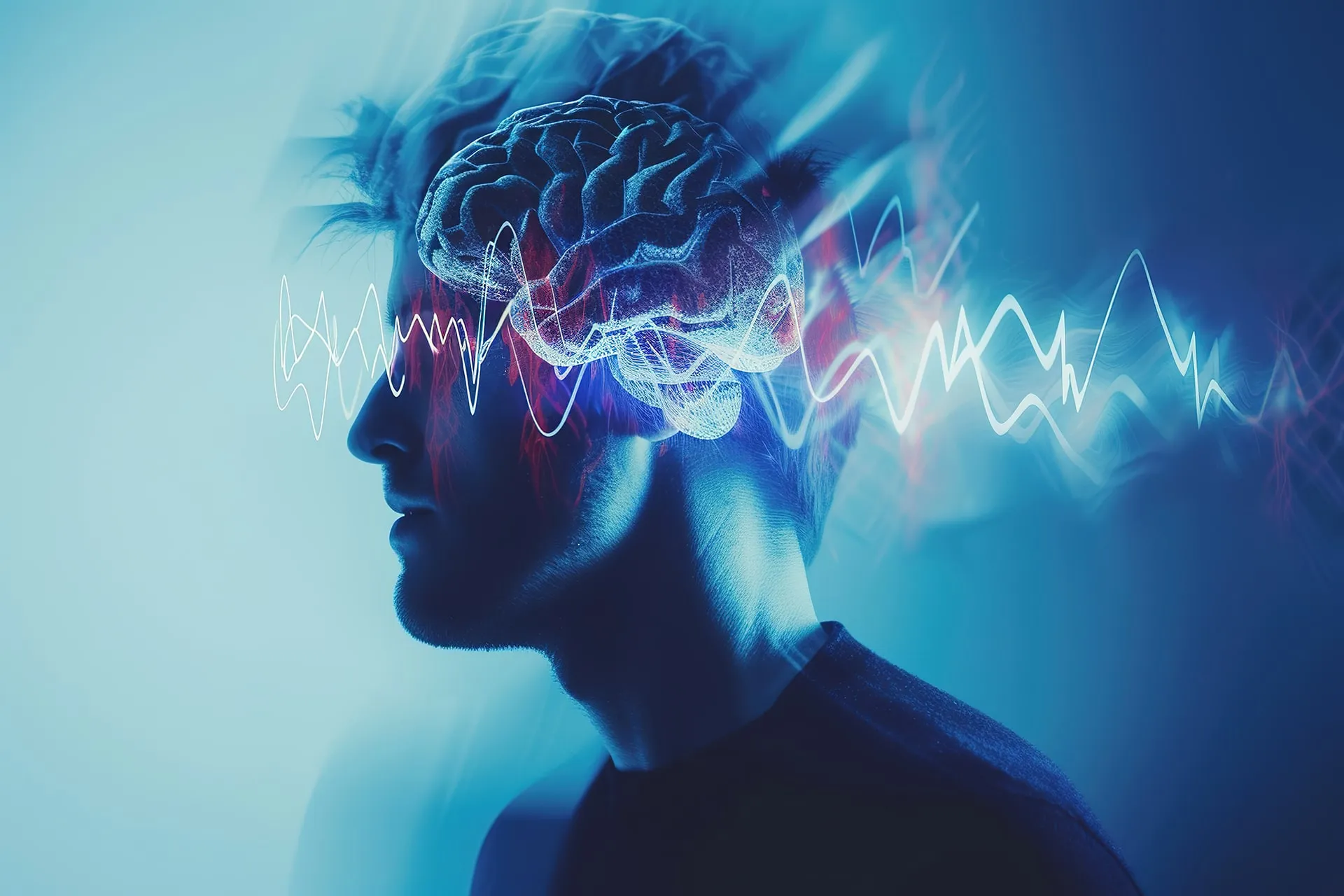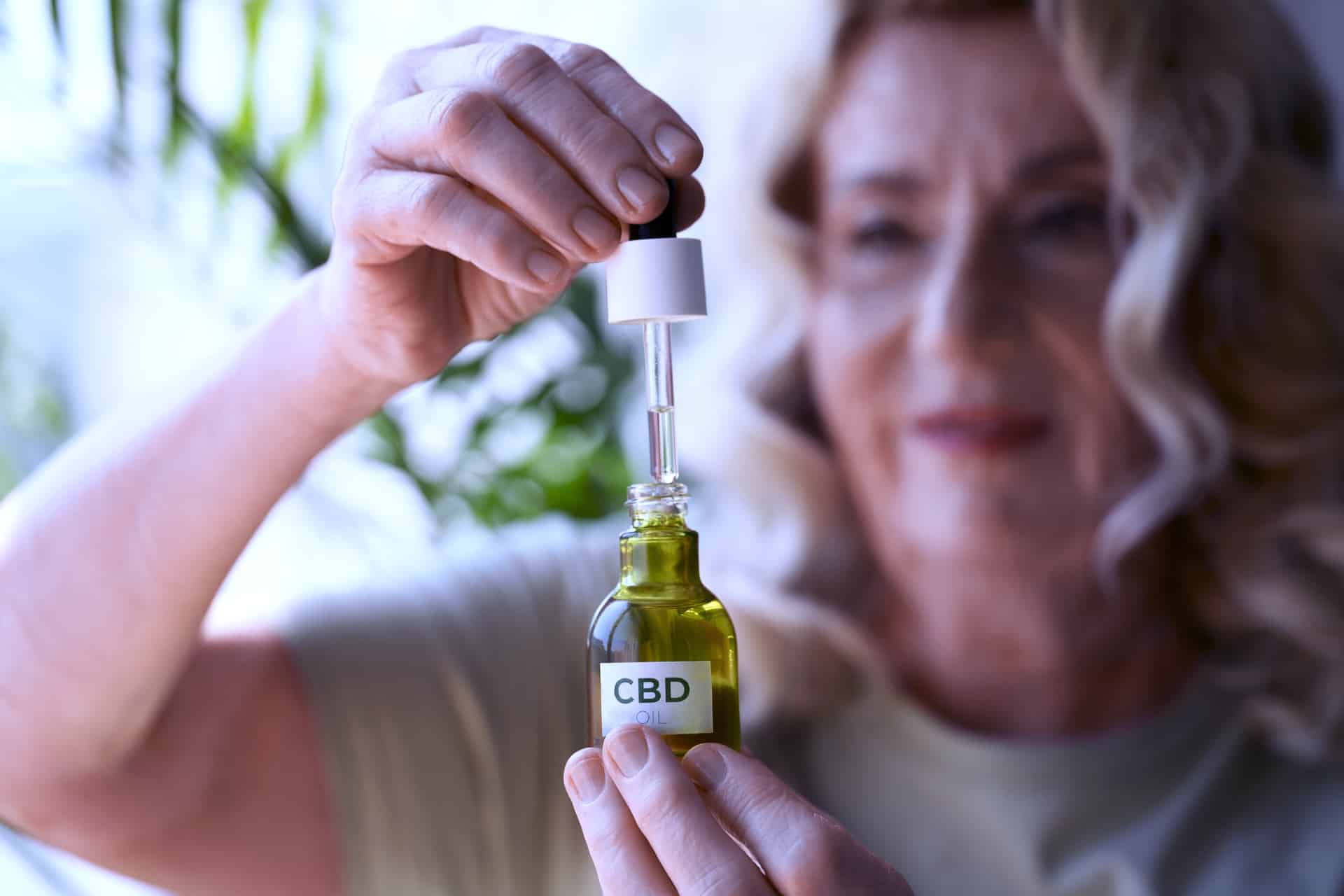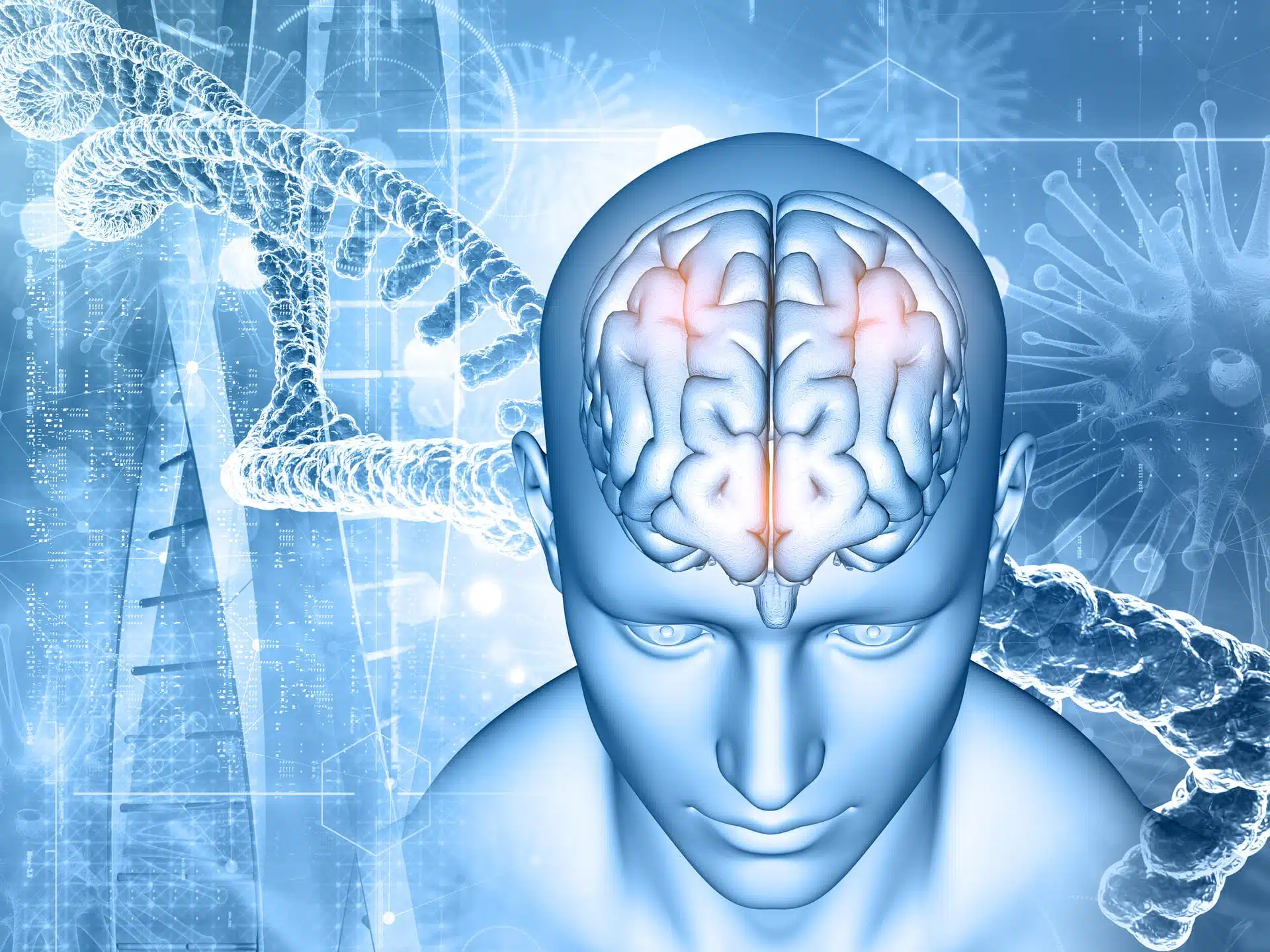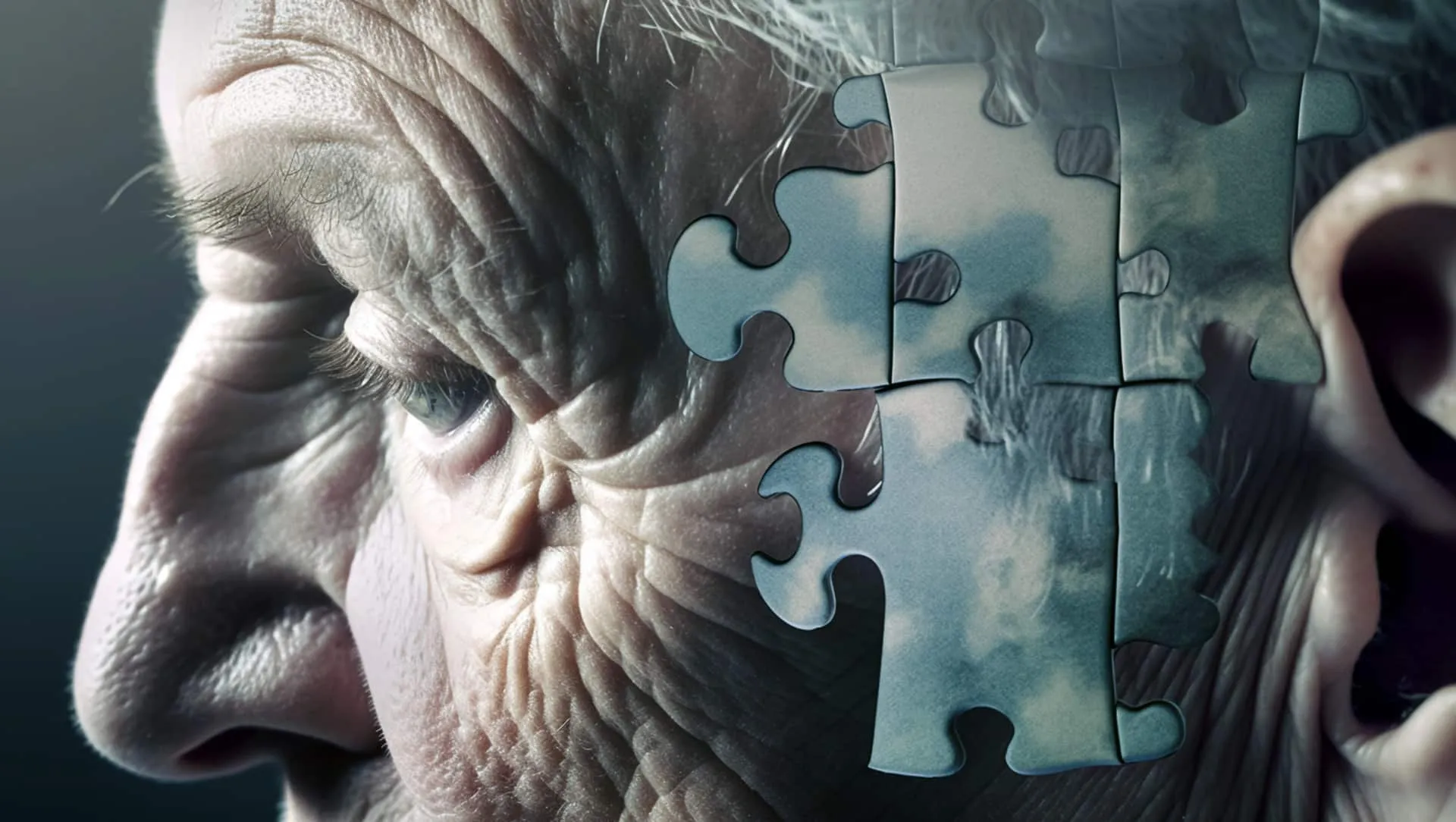Share
Borderline personality disorder
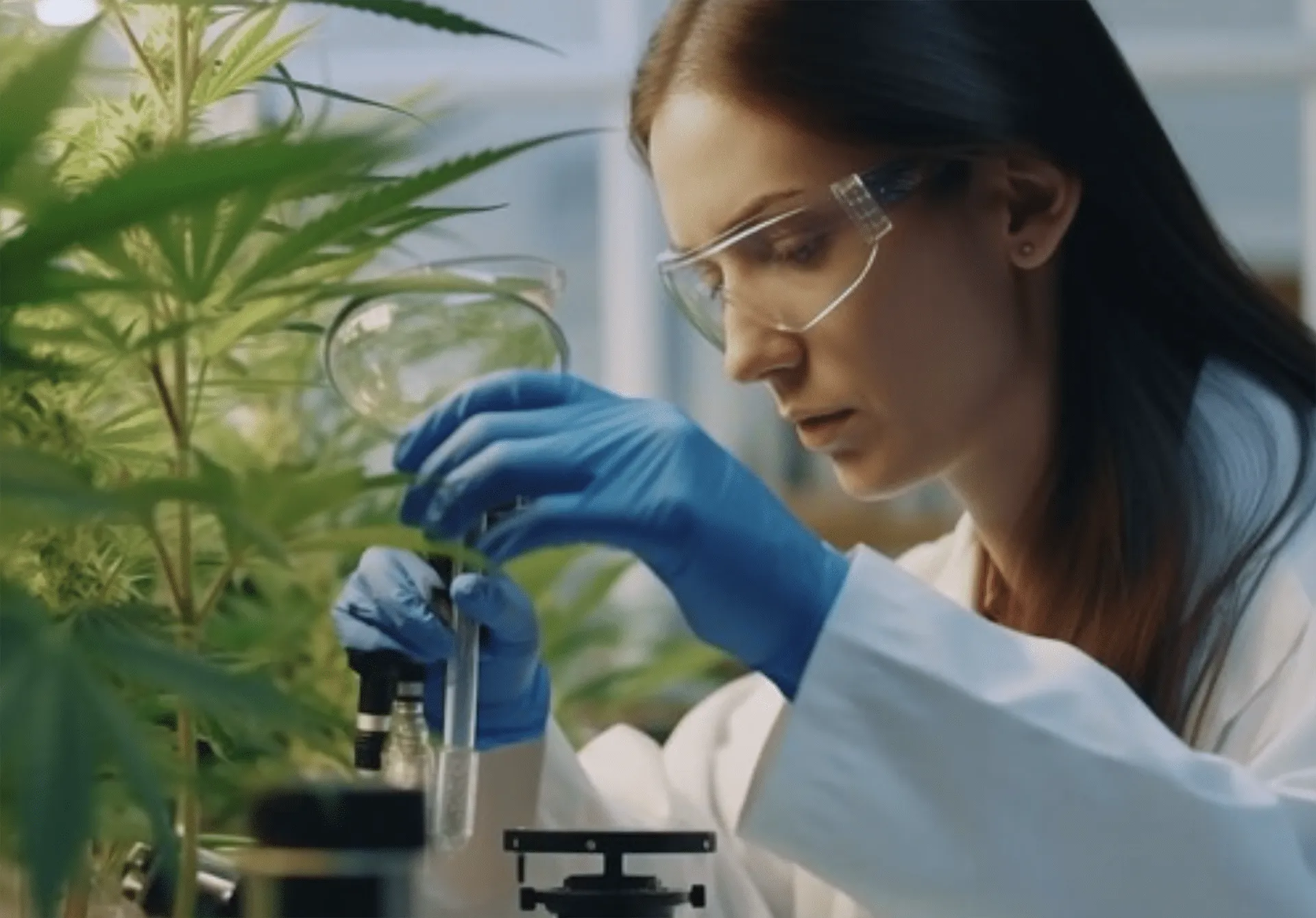
Borderline personality disorder (BPD) is a mental disorder characterized by distortions in the perception of oneself and others, resulting in difficulties in maintaining healthy and stable relationships. People living with BPD have difficulty regulating their emotions (experiencing rapid mood swings) and engage in impulsive behaviors.
Symptoms of BPD include:
- Mood and emotional instability
- Fear of abandonment
- Impulsivity
- Recurrent suicidal attempts
- Persistent feelings of emptiness
- Poor self-image
- Unstable relationships
- Extreme dissociation or quasi-psychotic thoughts
Individuals living with BPD experience chronic feelings of emptiness. The fear of abandonment can lead to impulsivity, self-harming behaviors, and suicidal ideation.
BPD symptoms can be complicated by other mental conditions such as mood disorders, eating disorders, posttraumatic stress disorder, and substance use disorders.
People with BPD are more likely to attempt suicide multiple times in their lifetime. Overdose is the most common method, but non-suicidal self-injury (NSSI) is also prevalent. NSSI typically manifests as minor cuts on the arms and wrists. NSSI serves as a way to manage intense emotions and relieve emotional distress, typically without suicidal intent.
There is no medication specifically approved for treating BPD. Psychotherapy is the primary treatment for BPD.
Individuals with BPD who use drugs often experience increased levels of instability and impulsivity. A combined therapeutic approach is recommended for BPD patients with addiction problems.
Symptoms of BPD that Cannabis Can Help Alleviate
The endocannabinoid system (ECS) consists of cannabinoid receptors (CB1 and CB2), endocannabinoid ligands N-arachidonoylethanolamine (AEA) and 2-arachidonoylglycerol (2-AG), and enzymes that synthesize and degrade endocannabinoids. The production of endocannabinoids in the central nervous system (CNS) is on-demand and occurs at the postsynaptic neural membrane.
The hippocampus, amygdala, and prefrontal cortex regions have a high density of CB receptors. These regions are affected in individuals with BPD. Animal studies have demonstrated the potential involvement of the ECS in BPD. However, currently, there is a lack of valid animal models that fully translate the key features of BPD.
The ECS is implicated in other mental disorders such as anxiety and schizophrenia, which share social behavior symptoms with BPD. In mice, the administration of cannabidiol (CBD) at 30 mg/kg/day prevented the appearance of schizophrenia-like deficits.
The ECS system may be a good target for new BPD treatments, but there are no studies investigating the use of cannabinoids for BPD, despite research on its use for other problems with similar symptoms. More research is needed to assess the effectiveness of endocannabinoids in BPD.
To the best of our knowledge, there are no published clinical studies evaluating the effect of cannabinoids on BPD, even though the ECS system shows promise as a new way to treat BPD, especially if it focuses on the emotional and relationship areas of the brain.
In summary, targeting the ECS with cannabinoids might be a promising therapeutic tool for BPD management, as cannabinoid administration has shown positive effects on psychiatric conditions with symptoms similar to BPD. However, further studies are necessary.
Clinical trials
Searching for borderline personality disorder AND cannabis did not return any clinical trial.

References
Mishra S, Rawekar A, Sapkale B. A Comprehensive Literature Review of Borderline Personality Disorder: Unraveling Complexity From Diagnosis to Treatment. Cureus. 2023 Nov 23;15(11):e49293. doi: 10.7759/cureus.49293. PMID: 38143629; PMCID: PMC10748445. https://www.ncbi.nlm.nih.gov/pmc/articles/PMC10748445/
Chapman J, Jamil RT, Fleisher C, Torrico TJ. Borderline Personality Disorder. 2024 Apr 20. In: StatPearls [Internet]. Treasure Island (FL): StatPearls Publishing; 2024 Jan–. PMID: 28613633.
https://pubmed.ncbi.nlm.nih.gov/28613633
Leichsenring F, Leibing E, Kruse J, New AS, Leweke F. Borderline personality disorder. Lancet. 2011 Jan 1;377(9759):74-84. doi: 10.1016/S0140-6736(10)61422-5. PMID: 21195251.
https://www.thelancet.com/journals/lancet/article/PIIS0140-6736(10)61422-5
Ho W, Kolla NJ. The endocannabinoid system in borderline personality disorder and antisocial personality disorder: A scoping review. Behav Sci Law. 2022 Mar;40(2):331-350. doi: 10.1002/bsl.2576. Epub 2022 May 16. PMID: 35575169.
https://pubmed.ncbi.nlm.nih.gov/35575169
Dammann I, Rohleder C, Leweke FM. Cannabidiol and its Potential Evidence-Based Psychiatric Benefits – A Critical Review. Pharmacopsychiatry. 2024 May;57(3):115-132. doi: 10.1055/a-2228-6118. Epub 2024 Jan 24. PMID: 38267003.
https://www.thieme-connect.com/products/ejournals/abstract/10.1055/a-2228-6118
Kirtley OJ, O’Carroll RE, O’Connor RC. The role of endogenous opioids in non-suicidal self-injurious behavior: methodological challenges. Neurosci Biobehav Rev. 2015 Jan;48:186-9. doi: 10.1016/j.neubiorev.2014.11.007. Epub 2014 Nov 18. PMID: 25446946.
https://pubmed.ncbi.nlm.nih.gov/25446946
Ferber SG, Hazani R, Shoval G, Weller A. Targeting the Endocannabinoid System in Borderline Personality Disorder: Corticolimbic and Hypothalamic Perspectives. Curr Neuropharmacol. 2021;19(3):360-371. doi: 10.2174/1570159X18666200429234430. PMID: 32351183; PMCID: PMC8033970.
https://www.ncbi.nlm.nih.gov/pmc/articles/PMC8033970/#r85

